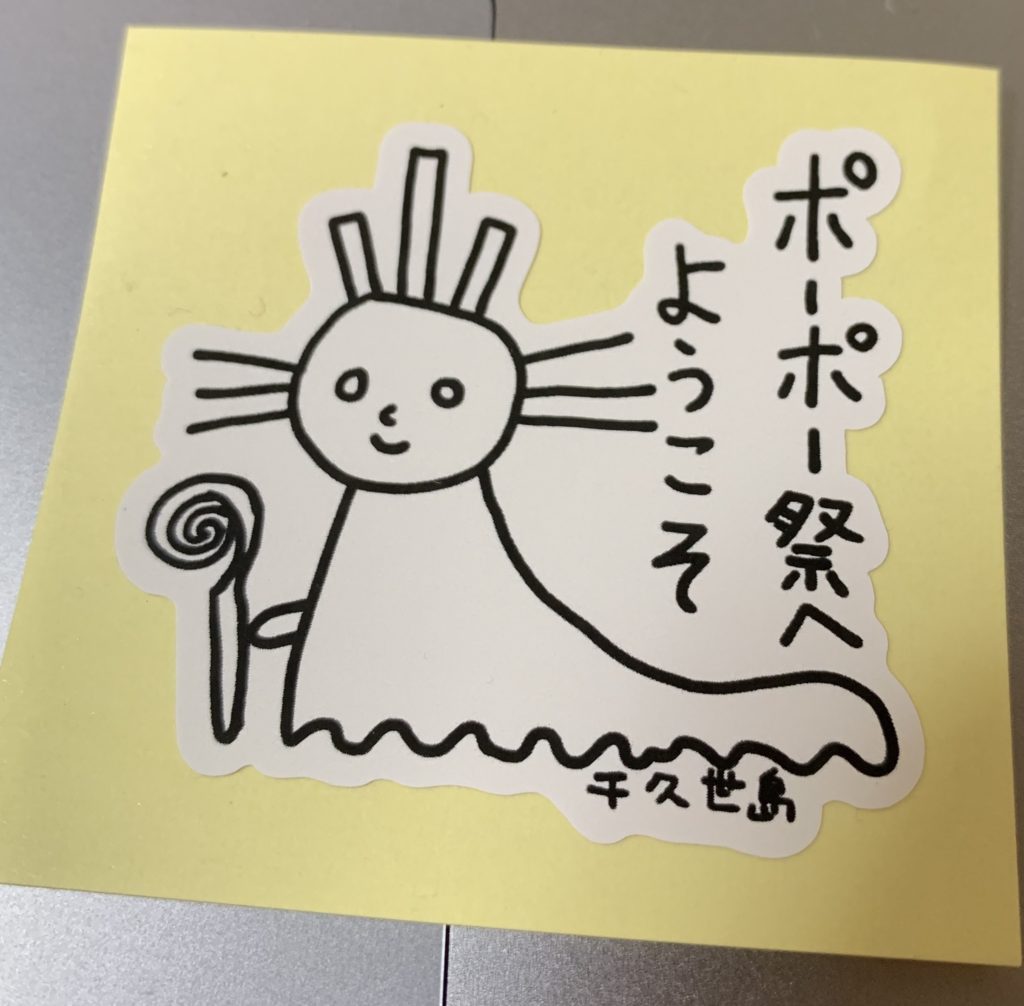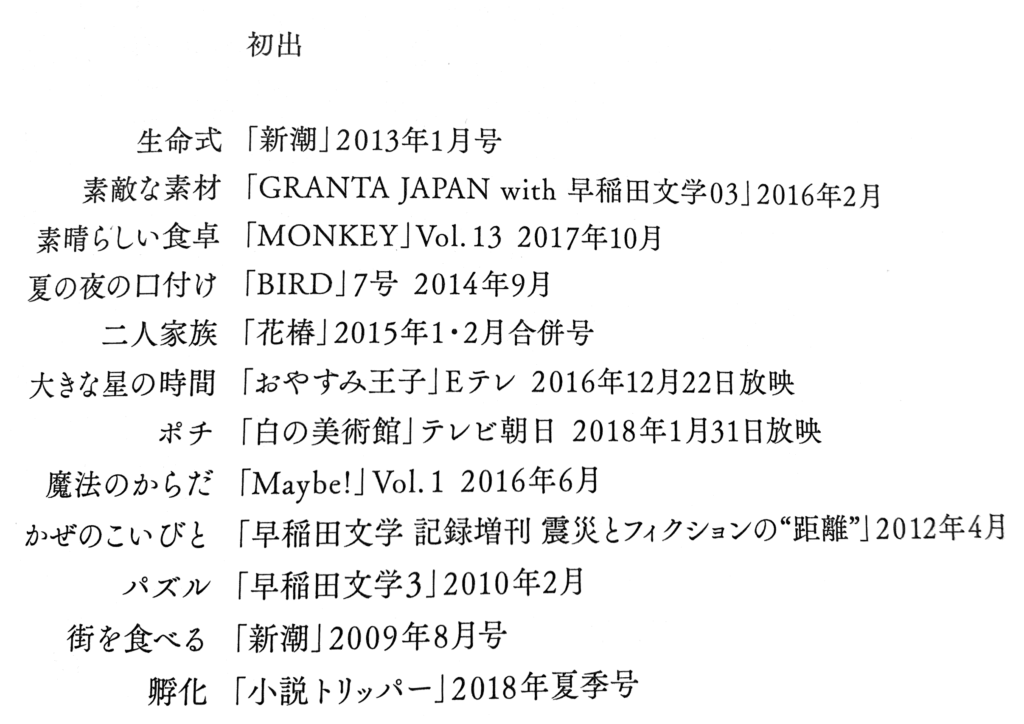This post was in my draft folder for several months. A bit of neglect and a bit of not knowing how to “wrap up” or summarize the post. Excuse me if this post seems unfinished… it is unfinished. Would also recommend reading the paper by Mina Qiao, “Love in the Time of Corona: Heterosexual Romance, Space, and Society in Japanese Fiction on COVID-19”. which only refers to the story “Techno Break”.
I was not familiar with Kanehara Hitomi’s books until reading one of her stories in a literary magazine. It was different, a bit unsettling and definitely different from the other stories in the magazine.
Darker, connects with compulsive behavior, fears , addictions, sex. So obviously I was intrigued and searched for more information. Her debut book was adapted to the cinema by Ninagawa Yukio (!!!) , “Snakes and Earrings (蛇にピアス” which I watched, but I never judge a book by the movie, so will have to read it when I find the time.
As for “Unsocial Distance” which definitely connects to the Covid experience, the fears it generated, the changes in society although I could connect the stories to people I know, storied I heard which are connected to Covid.
Strong Zero – ストロングゼロ – Alcohol dependency , sleeping around just not to face the (good looking) boyfriend who suffers psychological issues, depression. At times, the addiction and hiding it seems a bit comical.
Debugger – デバッガー – Trying to stay young , date a younger man who loves her as she is, but still she is addicted to treatments, surgeries, refusing nature and trying to stay young.
コンスキエンティア (Conscience)- cheating on husband, sleeping with her friend’s brother . wants to feel needed
Unsocial Distance – アンソーシャルディスタンス – Couple story
Techno break – テクノブレイク – This story was published in the magazine and attracted my attention. Corona fears, tracking the boyfriend location, addiction to porn, addiction to taking her own sex videos and re-experiencing them.


